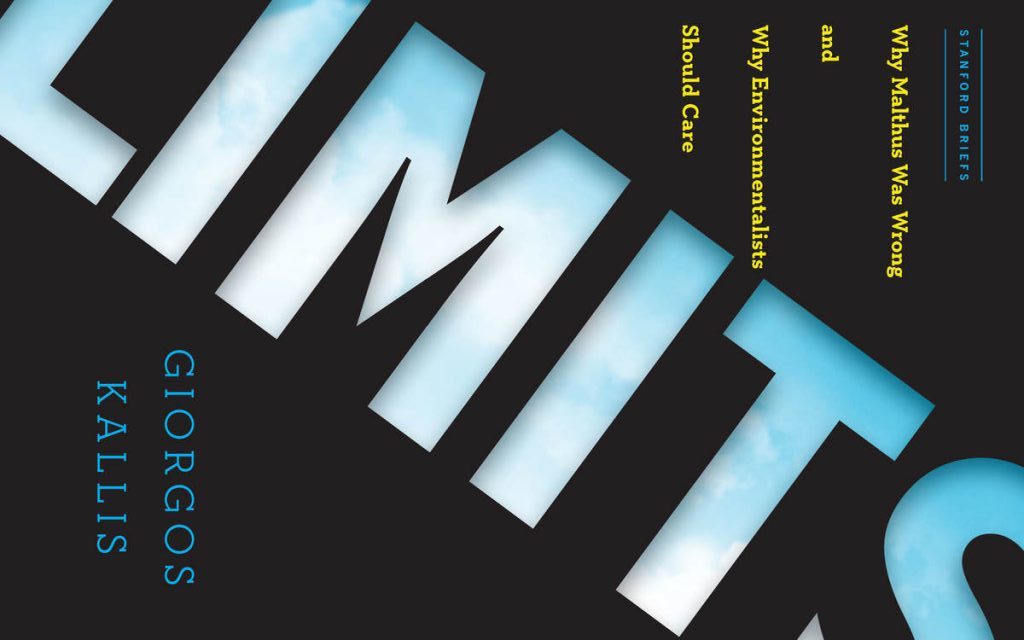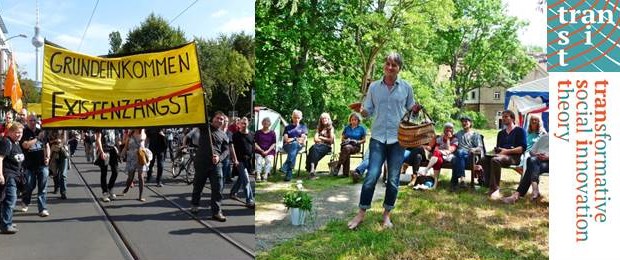ASA is an educational programme that supports young and dedicated people to expand their skills and to contribute to sustainable global development based on respect for human rights and cultural differences since more than 50 years
Currently, the programm is looking out for suitable projects for the 2015 ASA-cycle with particular focus on the areas of degrowth and/or urban gardening which has been chosen as "topic of the year 2015" by last year´s participants. Applications can be submitted until 15 September in English, French, Spanish or Portuguese language.
In the context of these projects, ASA offers a scholarship and a one-year qualifying programme. After attending two training-workshops in Europe, participants start their internship with organizations in Africa, Asia, Latin America, the Near East and South-East Europe. During their internship, they carry out a three-month-project developed by the partner organization. The objective of the projects is to enable the participants to better understand global interdependencies and development-policy issues - and at the same time to support the partner organizations through qualified contribution.
Further details on the ASA-Programme and the requirements for projects and partner organizations are available here
For further questions, please contact Kristin Czyborra (kristin.czyborra@engagement-global.de, phone: 030/25482-353) oder Miriam Müller (miriam.mueller@engagement-global.de)
Thirty four years ago I published Abandon Affluence and Growth, with negligible effect, so it has been hugely satisfying to see the recent emergence of a degrowth movement. However, I believe some aspects of the movement need greater attention. Degrowth transition strategies especially should deal more effectively with the sheer magnitude of the problem we are facing. The magnitude of the prob...

Self-limitation is not about constraining, but about defining collectively as societies our limits. Political ecology ‘has made strong arguments against natural limits’ and is in friction with ‘degrowth’s .. urgency of less’, writes Paul Robbins. Indeed, political ecologists developed the field as a response to 1970s neo-Malthusianism. Nancy Peluso, Lyla Mehta or Betsy Hartmann have exposed ...

A Study on Transformative Social Innovation There are numerous grassroots movements and initiatives worldwide with the ambition to contribute to transformative change towards more sustainable, resilient and just societies. Many of them have a specific vision on the economy and relate to alternative visions of a ‘New Economy’. The research project TRANSIT highlights four prominent strands of ne...